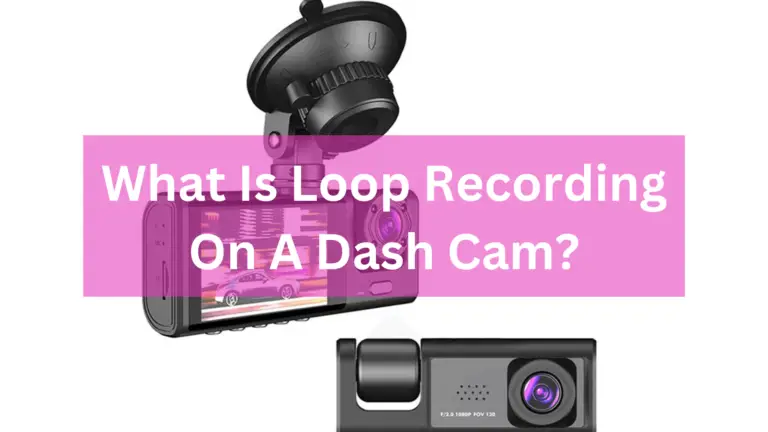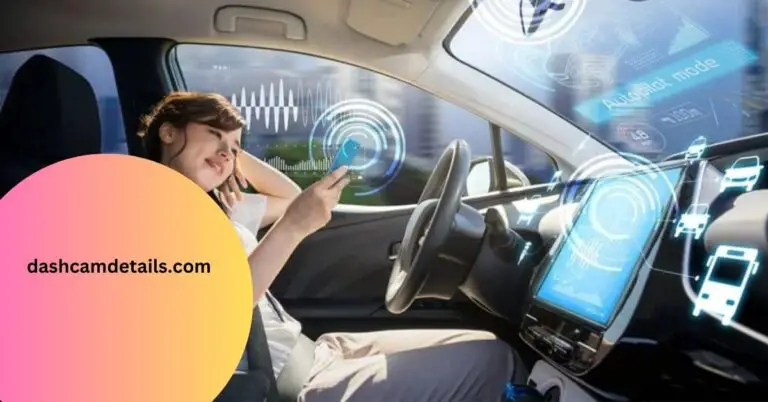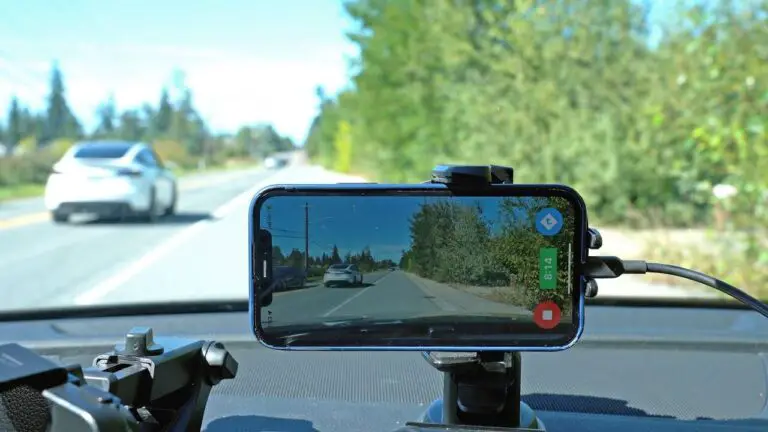Can dash cam footage be used for speeding?
Dash cams are becoming increasingly popular among drivers, providing an extra layer of security on the road. However, many have wondered if dash cam footage can be used to identify and prosecute drivers who commit speeding offenses.
This article plans to investigate the utilization of dash cam film comparable to speeding, inspecting whether it very well may be utilized as a genuine type of proof. However, many drivers are asking if dash cam footage can be used as evidence for speeding tickets.

Can dash cam footage be used for speeding?
Yes! Dashcam footage can be incredibly useful in prosecuting offenders for a range of offenses, including speeding. By law, all drivers are required to maintain a safe speed while on the road, and dashcam footage can be extremely helpful in proving that an offender was traveling at an unsafe speed when caught on camera.
If you are caught speeding on camera, it is essential to know your rights and what evidence the police may use to charge you.
Here are some key points to keep in mind:
- The law states that you must drive at a safe speed, which is based on the conditions and traffic situation.
- If the police stop you, they will want to see your driver’s license, registration, and proof of insurance.
- You have the right to remain silent unless you are being questioned in connection with a crime. You can also request an attorney if you do not want to speak with the police.
- The police may choose to use only part of the dashcam footage in court proceedings.
How can a dash cam help me get out of a speeding ticket?
If you are ever pulled over for speeding, having footage of the event on your dashcam can be extremely helpful in proving your innocence. This is because most states have laws stipulating that a driver must maintain a safe speed while traveling, and exceeding the limit by even a tiny amount can lead to a ticket.
In fact, many police officers are more likely to give someone a break if they can show proof that they were following the law at the time of their violation. So if you’re ever faced with a speeding ticket, having dashcam footage will help you stand up against the officer and validate your description of the incident.
How Long Does a Dash Cam footage For?
Dashcams are becoming increasingly popular as a way to monitor and record driving activity. The amount of storage capacity on the device you choose is an essential factor when deciding which camera is suitable for you.
8 GB dashcams will store up to 55 minutes of footage, depending on the video quality settings that have been selected. This makes them ideal for shorter trips or daily commutes where you may not need as much recording time in order to get the footage needed should an incident occur.
However, suppose more protracted periods of recording are required. In that case, it’s worth investing in cameras with higher memory capacities, such as 16GB or 32GB options which can record over 2 hours and 4 hours, respectively.
When it comes to recording quality, 8 GB 55 minutes of dashcams generally provide excellent HD footage at the highest frame rate possible. This ensures that all of your essential details will be captured without compromising image clarity or detail.
Additionally, 8 GB 55 minutes models are typically optimized for low-light environments, so you can still record even when visibility is poor.
Frequently Asked Questions:
How does a dashcam detect overspeeding?
We will explain how dash cams can measure the speed of objects within the recorded footage using software that can track objects within the video.
The process starts with recording the footage from inside or outside of the vehicle, depending on whether you have an external camera mounted on your windshield or if it is integrated into the car’s interior.
After recording, software tracks each object and measures its speed by tracking its movement across frames. This data is then used to calculate both average and peak speeds in order to determine if someone was over-speeding when driving.
Do Dash Cameras Work When The Car Is Off?
No, most dash cams don’t work when your car is off. Dash camera technology usually requires a constant power source to be able to continuously run and record while driving. This power source can either come from a car battery or an external power adapter connected directly to your vehicle’s cigarette lighter port.
However, once the engine is switched off and the car battery loses its charge, then so does your dash camera – leaving no protection while parked up or left unattended overnight.
How much power does dash cam use to detect speed?
The average dash cam uses 60mA of power while turned on. This means that for every minute that the camera is turned on, it uses 0.6 watts of power. This might not seem like a lot, but over time this can add up to a significant amount of energy consumed.
Many people are unaware that a dash cam can actually use a lot of power when it is in standby mode. When the camera is in standby mode, it is constantly charging. This means that the dash cam is using around 10mA of power. This is less than the 20mAh that many people think a dash cam uses when it is in standby mode.
Conclusion:
Dash cam footage can be used as evidence for speeding in some situations. It can be highly beneficial when there are no witnesses to the incident or when it’s difficult to accurately gauge the speed of a vehicle.
Dash cams can also provide a detailed record of events in the case of an accident. In any case, it’s vital to keep in mind that not all dash cams will produce reliable footage, particularly those with low resolution or a wide-angle lens.
Furthermore, local laws and regulations should be considered when using a dash cam as they may vary from state to state.
related posts:
Can Dash Cam Footage Be Used In Court?
Does A Dash Cam Work When The Car Is Off?




